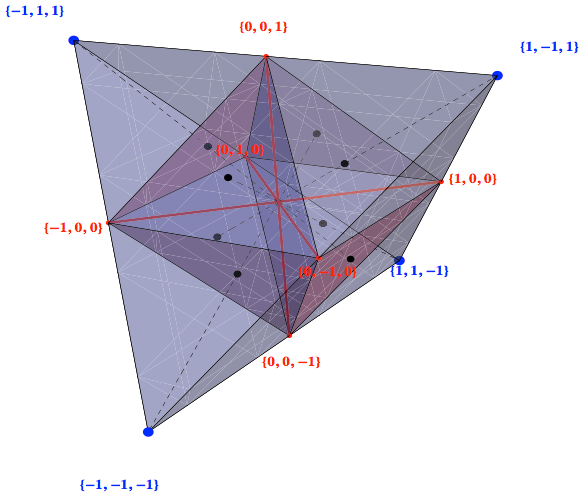Monday, November 26, 2012
IQC researcher Aharon Brodutch co-authored a definitive Reviews of Modern Physics paper on the body of work on the distinction between classical and quantum systems.

This paper is an important step in the development of quantum correlations research. “Quantum correlations appear in every aspect of physics," says Brodutch, "from quantum information and quantum algorithms, to thermodynamics and many-body physics." Quantum correlations are used to measure the “quantumness” of a system. In classical systems, as opposed to quantum systems, the parts of the systems work individually. Whereas in a quantum system, with correlated behaviour, parts of the system work together to contain more information.
Until now, quantum information research typically focused on quantum entanglement, the most famous example of a quantum correlation. However, entanglement is notoriously fragile and difficult to use. Brodutch’s paper includes research on quantum discord and other types of correlations that could enable new discoveries in quantum tools that are more robust and easier to use. "Entanglement does not capture the whole picture," according to Brodutch. "Non-classical correlations are much bigger than entanglement."
The team created the first comprehensive history of research on quantum discord and other measures of quantum correlations. Only published today, the archived pre-print has already been cited almost 100 times. "This paper puts everything in perspective," says Brodutch. "It makes it easier for us to see the big open questions, and it highlights the small results that built up the foundations of quantum correlations research."